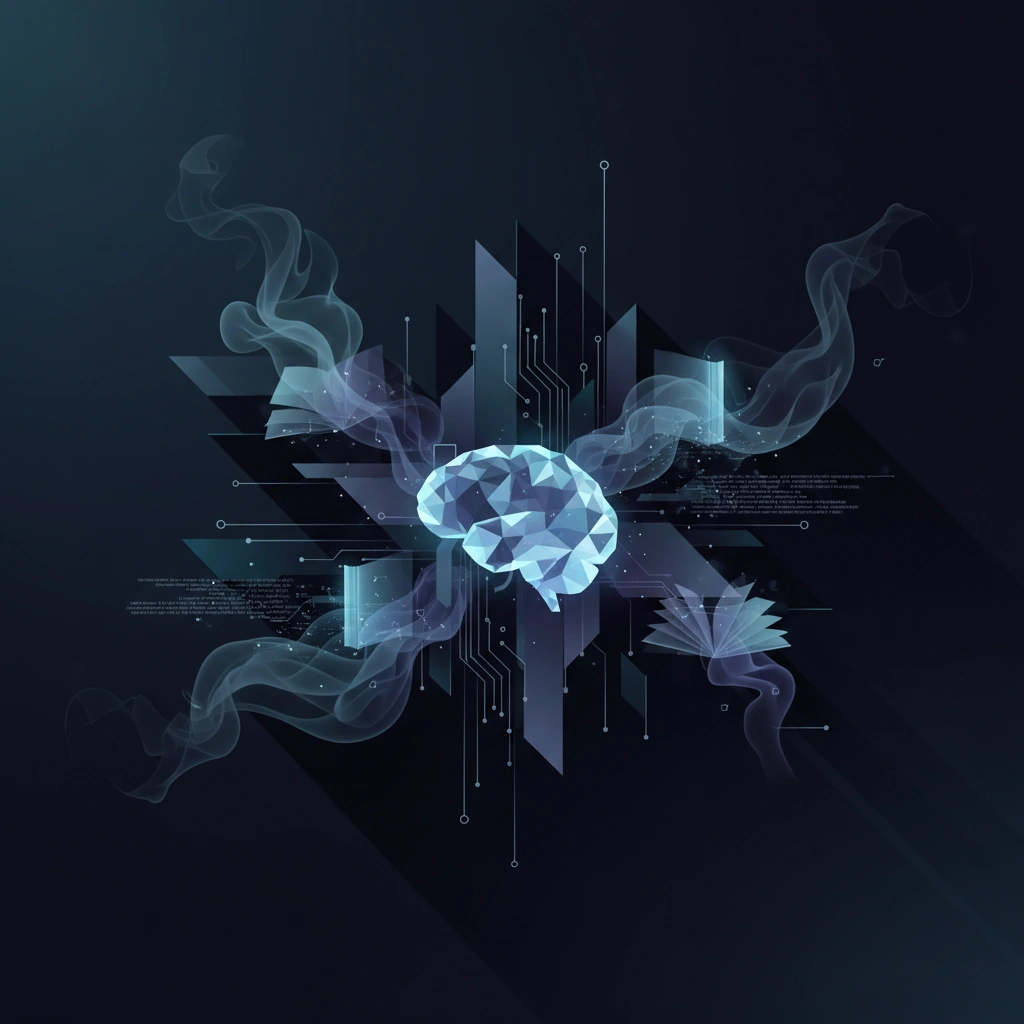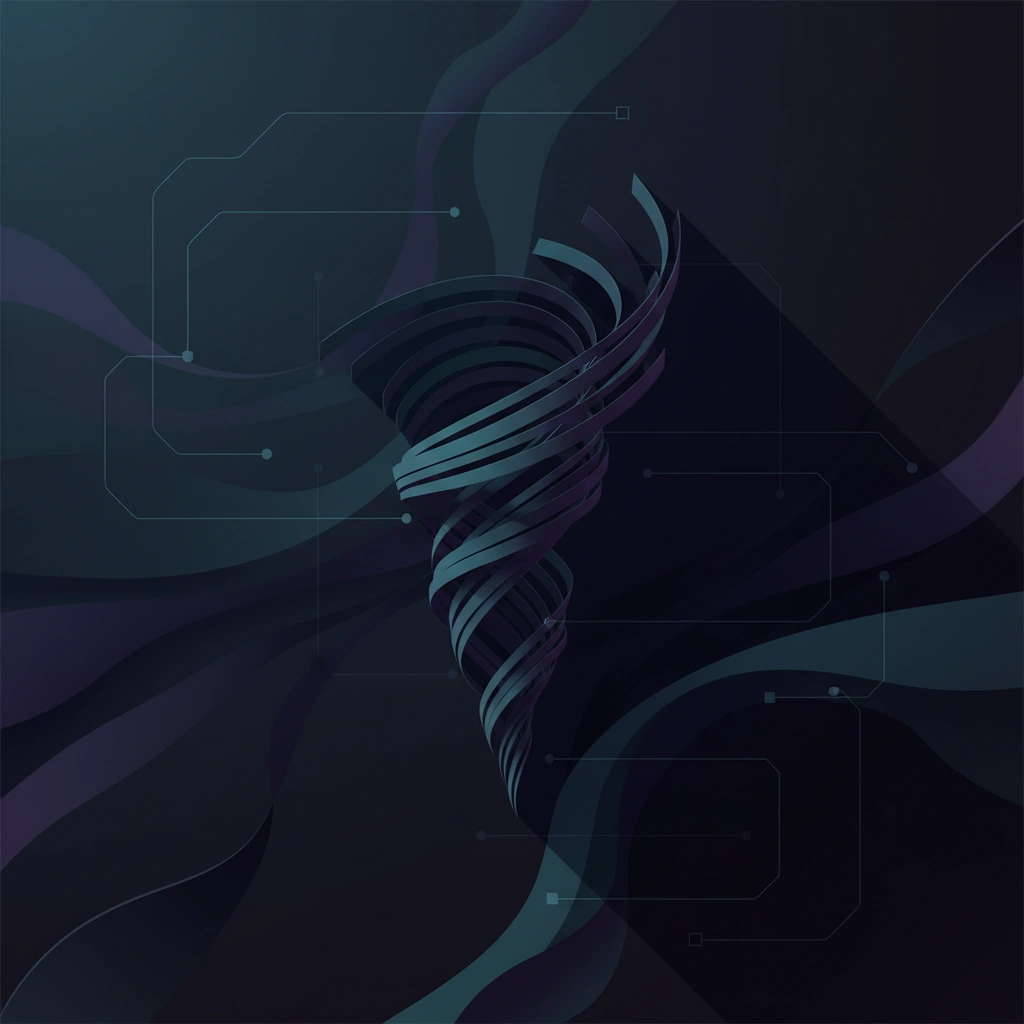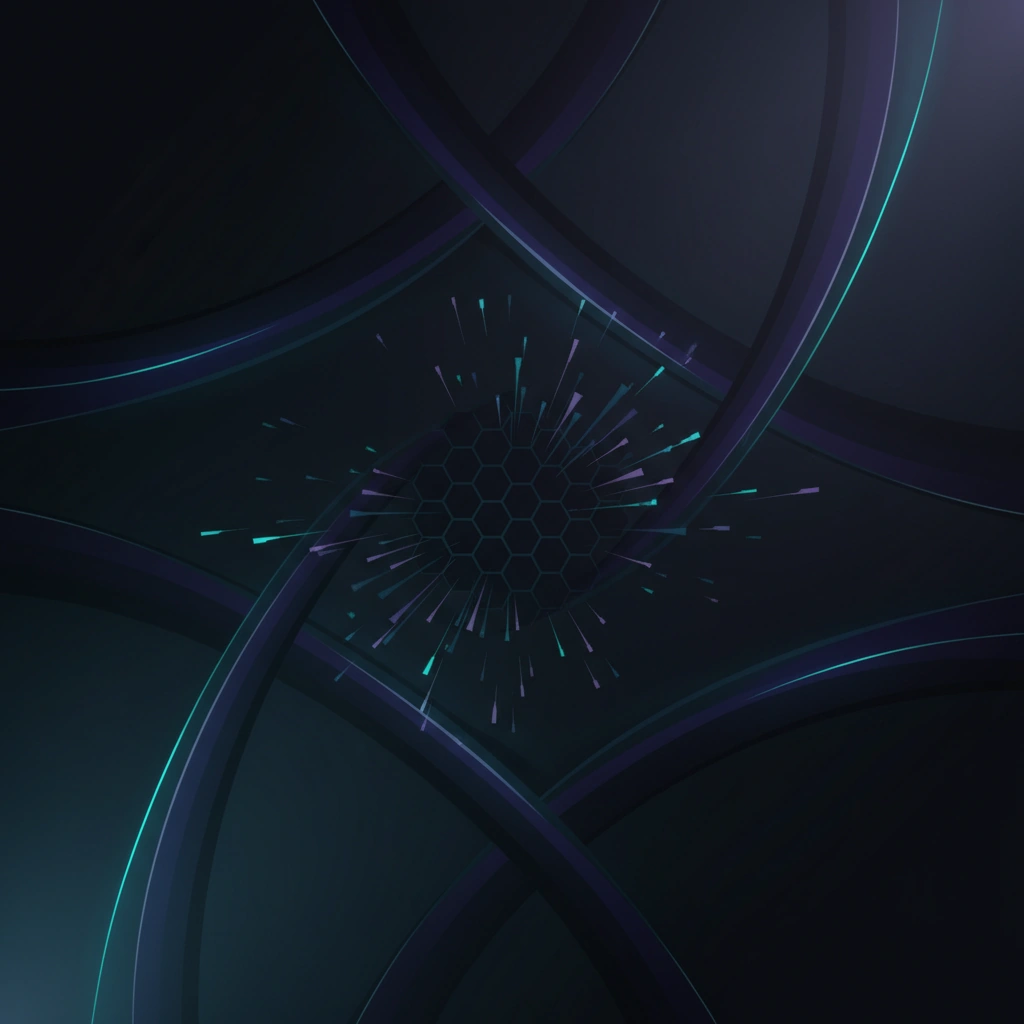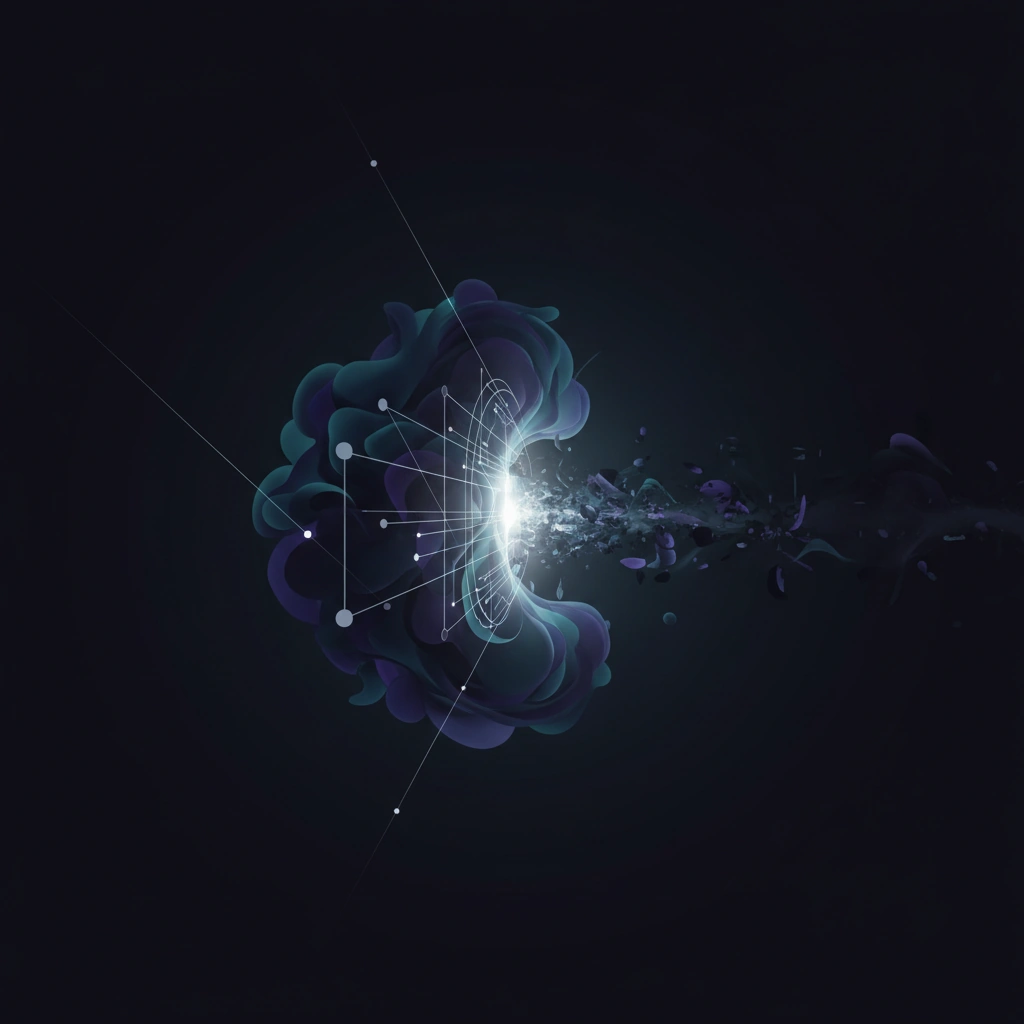Can AI Be a Scholar? Project Rachel Tests Academic Authorship
Researchers probe whether AI language models can function as legitimate academic authors, examining technical capabilities, ethical implications, and detection methods for AI-generated scholarly work.

A provocative new study titled "Project Rachel" confronts a fundamental question about the future of academic publishing: Can artificial intelligence systems function as legitimate scholarly authors? The research, available on arXiv, explores both the technical capabilities and ethical implications of AI-generated academic work.
The Technical Experiment
The researchers behind Project Rachel designed a systematic experiment to test whether large language models could produce scholarly content that meets academic standards. The project examines not just the quality of AI-generated text, but whether AI systems can engage in the core activities that define authorship: original thinking, methodological design, critical analysis, and meaningful contribution to scholarly discourse.
The study employs contemporary language models to generate academic papers across multiple disciplines, then subjects these outputs to rigorous evaluation. This includes both automated metrics for coherence, citation accuracy, and technical correctness, as well as expert human assessment of originality, argumentation quality, and scholarly merit.
Beyond Text Generation
What distinguishes Project Rachel from simple demonstrations of AI writing capability is its focus on the process of scholarship rather than just the product. The researchers investigate whether AI can formulate research questions, design appropriate methodologies, interpret results with nuance, and situate findings within existing literature—all essential components of academic authorship.
The technical analysis reveals that while modern language models excel at surface-level academic writing conventions, they struggle with deeper aspects of scholarly work. These include generating genuinely novel hypotheses, recognizing the limitations of their own reasoning, and understanding the broader context and implications of research findings.
Detection and Authenticity Challenges
A critical dimension of the study examines methods for detecting AI-generated scholarly content. As language models become more sophisticated, distinguishing between human and AI authorship grows increasingly difficult. The researchers test various detection approaches, from statistical analysis of writing patterns to semantic evaluation of argumentative structure.
This connects directly to broader concerns about digital authenticity in academic publishing. If AI-generated papers become indistinguishable from human-authored work, what mechanisms can ensure the integrity of scholarly literature? The study proposes technical frameworks for verification, including cryptographic authorship attestation and enhanced peer review processes designed to identify AI-generated content.
Ethical and Institutional Implications
Project Rachel doesn't shy away from the ethical dimensions of AI authorship. The researchers examine existing academic guidelines around authorship attribution and explore how these frameworks apply—or fail to apply—to AI systems. Key questions include: Can an AI system take responsibility for errors? Can it respond to peer review? Does it have the expertise and judgment required for authorship?
The study also considers practical implications for academic institutions. As AI writing tools become ubiquitous, universities and journals face pressure to establish clear policies. Should AI assistance be disclosed? Where is the line between legitimate AI-assisted writing and inappropriate AI authorship?
Technical Limitations Revealed
Through systematic testing, Project Rachel identifies specific technical limitations that currently prevent AI from functioning as true scholarly authors. These include the inability to conduct primary research, lack of genuine understanding of experimental contexts, and absence of accountability for claims made in publications.
The research also reveals that AI systems can generate text that appears scholarly while containing subtle errors in logic, misapplications of methodology, or inappropriate citations—problems that might escape automated detection but would be caught by expert review.
Future Directions
While the current study concludes that AI cannot yet function as legitimate scholarly authors in the full sense, it acknowledges the rapid pace of AI development. The researchers propose ongoing monitoring frameworks and suggest that academic institutions should prepare for scenarios where AI capabilities continue to advance.
The study emphasizes that the question isn't whether AI can help in scholarly work—it clearly can and does—but whether it can assume the role of author with all the responsibilities that entails. This distinction proves crucial for maintaining academic integrity while embracing beneficial AI tools.
Project Rachel represents an important contribution to understanding the intersection of AI capabilities and scholarly publishing, providing both technical analysis and ethical frameworks for navigating this evolving landscape. As AI systems become more sophisticated, studies like this will prove essential for establishing appropriate norms and safeguards in academic communication.
Stay informed on AI video and digital authenticity. Follow Skrew AI News.



